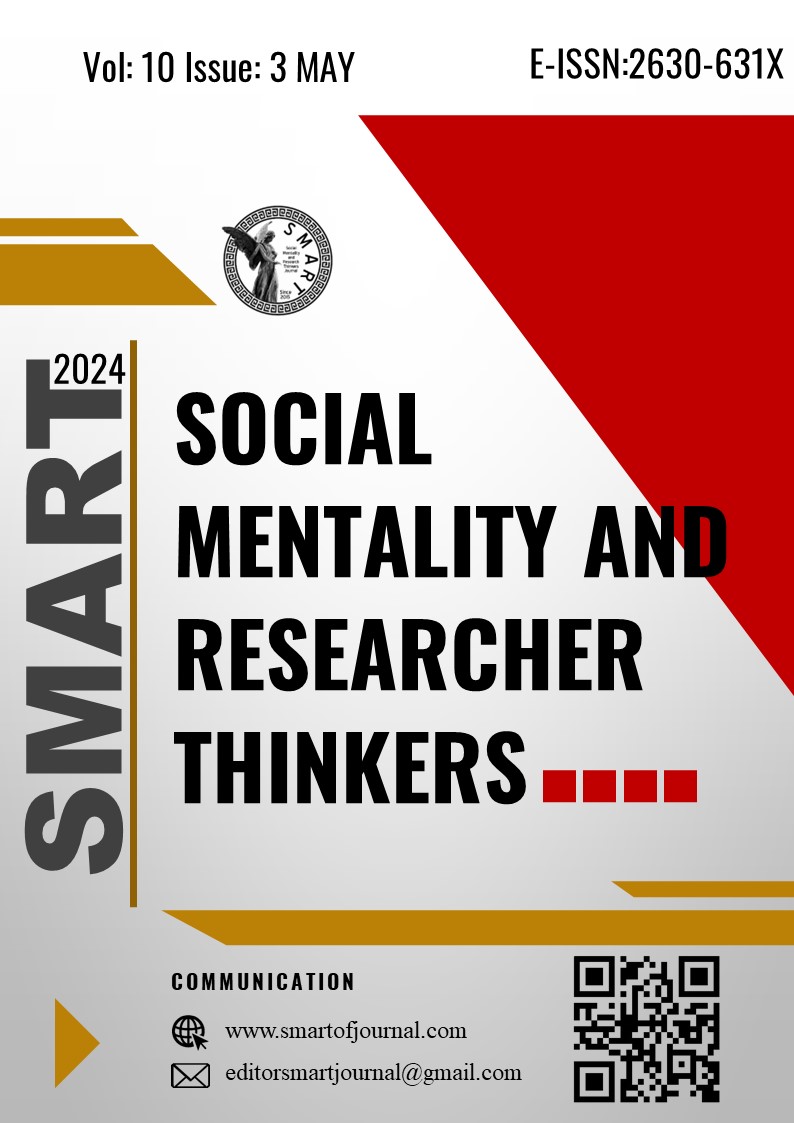Author :
Abstract
Mutlak Dram’ın isim babası ve Modern Tiyatro teorisinin sahibi Szondi, zaman içinde hararetle alkışlanacağı gibi ciddi eleştirilerin de muhatabı olmuştur. Szondi; biçim/içerik ilişkisinin diyalektik, Neo-Hegelci uyumunu savunmaktadır. Bakış açısına göre dram, daima yeniden belirlenen fakat mutlak özelliklerle karakterize edilen bir süreçtir. Kendi kendine yeterlidir. Onu Absolute (Mutlak) yapan da böylesine kapalı, korunmuş ve bakışsız oluşudur. Bu yapıdaki aksamanın, temsiliyete zarar vereceğine inanan Szondi öte yandan kendi hilafına, her çağda yazılabilir, değişmez bir dram modeli ve kurallar bütünü inşa etmiştir. Oysa kriz yepyeni bir tiyatro anlayışı ile sonuçlanacak, postdramatik metin kendi iç yasaları ile bu kriz ve kusurlardan, şaşılacak derecede sağlıklı doğacaktır. Büyüsüne kapılmadan Szondi’yi okumak zordur fakat onu karşı çıkışlar üzerinden de tanımak gerekir. Batı geleneği perspektifine bağlı kalmak, dar bir alanda, sınırlı sayıda yazarla çalışmak ve Mutlak Dram teorisini sadece yazılı metinler üzerinden ortaya koymak, gerçekte edebiyat eleştirmeni olan Szondi’nin karşılaştığı eleştirilerdendir. Fakat hepsinden önemlisi eleştirmenlere göre Szondi, ortaya pratik bir reçete koymuş ve bu formülasyon hızla benimsemiştir. Çünkü yöntemi kullanım kolaylığı sağlamıştır. Başarısı, argümanlarını bir dram şartnamesine, dönüştürebilmesindendir. Yine de Szondi’nin önemi yadsınmaz ve kitabı yirminci yüzyıl tiyatrosunun ana kaynaklarından biri olarak, belirleyici teorik gücünü muhafaza eder. Bu çalışmanın amacı farklı açılardan Szondi ve Mutlak Dram Teorisi’ni değerlendirmektir.
Keywords
Abstract
Szondi, the father of Absolute Drama and the owner of the Modern Theater theory, has been the subject of both fervent applause and serious criticism over time. Szondi; It advocates the dialectical, necessary, Neo-Hegelian harmony of the relationship of form and content. According to this point of view, drama is a process that is always redefined but characterized by absolute features. It is self-sufficient, it is purified. In fact, what makes it Absolute is that it is so closed, protected and gazeless. Szondi, who believed that disruption in this structure would harm representation, on the other hand, contrary to himself, built an unchangeable drama model and set of rules that could be written in all ages. However, the crisis will result in a brand new understanding of theater, and the postdramatic text, with its own internal laws, will emerge surprisingly healthy from these crises and flaws. It is difficult to read Szondi without falling under his spell, but it is necessary to get to know him through his opposition. Adhering strictly to the perspective of the Western tradition, working in a narrow field with a limited number of writers, and presenting the theory of Absolute Drama only through written texts are among the criticisms that Szondi, who is actually a literary critic, often encounters. But most importantly, according to critics, Szondi put forward a practical prescription and this formulation was generally adopted. Because the method provides ease of use. His success lies in his ability to turn his arguments into a drama specification, a technical manual. Nevertheless, Szondi's importance is undeniable and his book retains its decisive theoretical power as one of the main sources of twentieth-century theatre. The aim of this study is to evaluate Szondi and Absolute Drama Theory from different perspectives.





